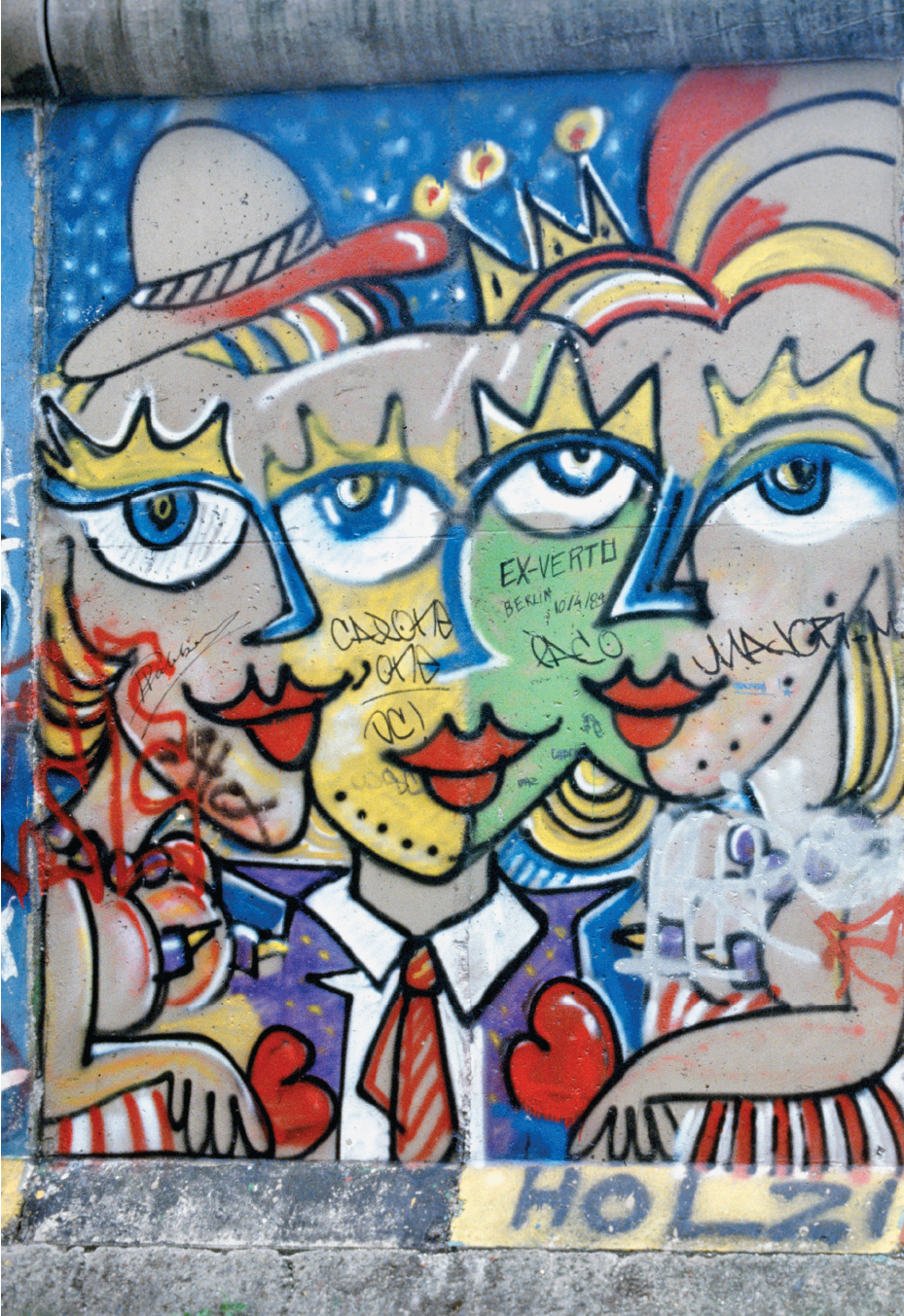Understanding Western Society
Printed Page 914
Introduction for Chapter 29
29
CHALLENGING THE POSTWAR ORDER
1960–1991
>How and why did protest movements challenge existing social, economic, and political institutions in both western Europe and the East Bloc? Chapter 29 examines the challenges to the postwar social and political order that began in the 1960s and continued into the 1990s. As Europe entered the 1960s, the political and social systems forged in the postwar era appeared sound. By the late 1960s, however, this hard-
LearningCurve
After reading the chapter, use LearningCurve to retain what you’ve read.

> CHAPTER CHRONOLOGY
| 1961 | 1973 |
| – Building of Berlin Wall suggests permanence of the East Bloc | – OPEC oil embargo |
| 1962– |
1975 |
| – Second Vatican Council | – Helsinki Accords |
| 1963 | 1979 |
| – Wolf publishes Divided Heaven; Friedan publishes The Feminine Mystique | – Margaret Thatcher becomes British prime minister; founding of West German Green Party; Soviet invasion of Afghanistan |
| 1964 | 1985 |
| – Civil Rights Act in the United States | – Mikhail Gorbachev named Soviet premier |
| 1964– |
1987 |
| – Peak of U.S. involvement in Vietnam War | – United States and Soviet Union sign arms reduction treaty |
| 1966 | 1989 |
| – Formation of National Organization for Women (NOW) | – Soviet withdrawal from Afghanistan |
| 1968 | 1989– |
| – Soviet invasion of Czechoslovakia; “May Events” protests in France | – Fall of communism in eastern Europe |
| 1971 | December 1991 |
| – Founding of Greenpeace | – Dissolution of the Soviet Union |